Top categories

Wire Mesh

Stainless Steel

Alloy Steel

Non-ferrous Metal

Metals & Metal Products

Carbon Steel

Iron & Iron Products
About products and suppliers
Powder Metal: An Overview
Powder metal, a cornerstone of powder metallurgy, is a versatile material used in a myriad of industries for its unique properties and manufacturing potential. This category encompasses a range of metallic materials that are formed from finely powdered metal, which is then compacted and heated to create a solid object. The process allows for precise control over the final product's properties, making it a preferred choice in fields requiring high precision and material integrity.
Types and Applications
The types of powdered metals include, but are not limited to, iron powder, aluminium powder, copper metal powder, and nickel powder. Each type holds specific characteristics suitable for different applications. For instance, iron powder is often used in the automotive industry for manufacturing engine parts, while aluminium powder is sought after in the aerospace sector for its lightweight and strong properties. Powder metallurgy facilitates the production of complex shapes that would be challenging to achieve with traditional metalworking methods.
Features and Material Properties
Powder coated aluminium and powder coated steel are prime examples of powder metals that offer enhanced features. These materials are known for their excellent corrosion resistance and superior finish. The powder coating not only improves the aesthetic appeal but also contributes to the longevity of the product by creating a protective barrier against environmental factors. Additionally, the use of zinc powder and zinc dust in coatings can provide galvanic protection, further enhancing the durability of the metal components.
Advantages of Powder Metal
The advantages of utilizing powder metal in manufacturing are manifold. The process of metal powder coating and metal coating powder applications results in a uniform finish with minimal material wastage. Moreover, the ability to recycle excess powder adds an element of sustainability to the process. The versatility of powder metals allows for the creation of parts with tailored magnetic or electrical properties, which is essential in the electronics and telecommunications sectors.
Materials and Sustainability
Sustainability is a significant aspect of powder metallurgy. Materials like titanium powder and other metal powders are often preferred for their ability to be sintered at just below their melting points, reducing energy consumption. This process also permits the use of nearly 100% of the raw material, minimizing waste. The adaptability of powder metals means they can be engineered to meet specific requirements, leading to more efficient designs and less material use overall.
Choosing the Right Powder Metal
Selecting the appropriate powder metal for a project involves considering the material's compatibility with the intended application and the desired properties of the final product. While Alibaba.com does not manufacture these materials, the platform hosts a multitude of suppliers who offer a wide range of powder metal options. It is crucial to assess the material capabilities, such as resistance to wear and thermal conductivity, to ensure the final component performs as expected in its operational environment.




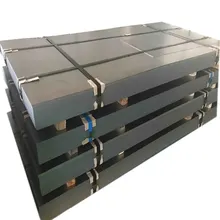
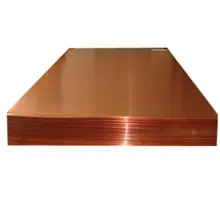

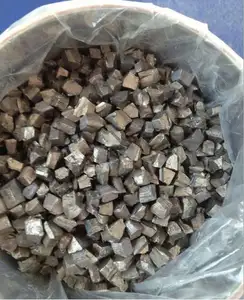


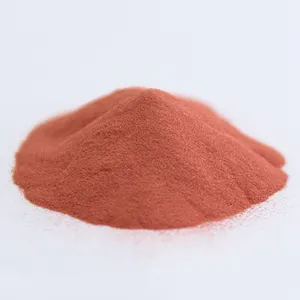



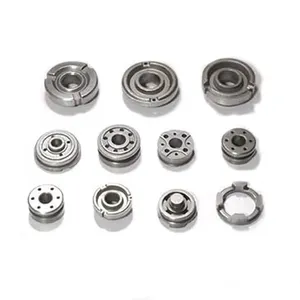
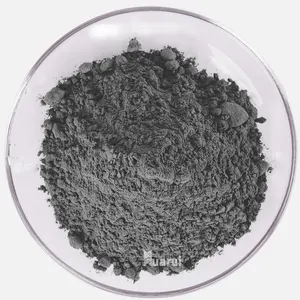
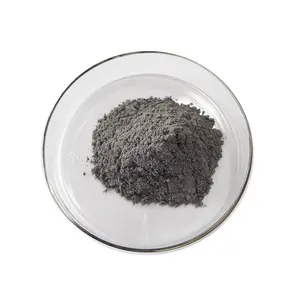








 浙公网安备 33010002000092号
浙公网安备 33010002000092号 浙B2-20120091-4
浙B2-20120091-4